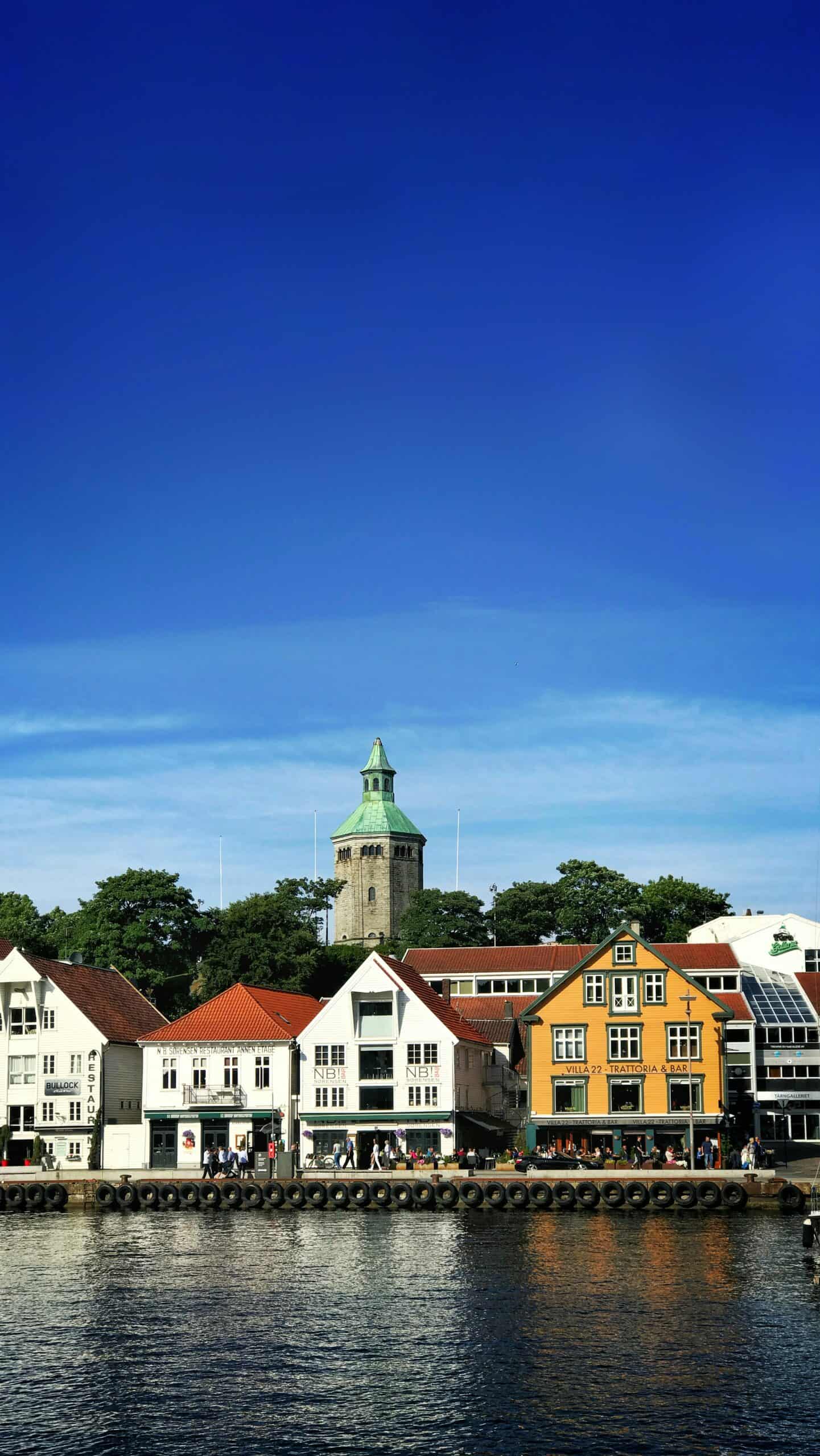After completing my degree in Risk Analysis at UIS in Stavanger (2023-2025), it’s time to make up the balance. I’ve kept records for most of the months I studied, so I’ll be able to provide you with a reasonably accurate picture of what you can expect to spend if you plan to pursue studies in Norway. Of course, your mileage may vary significantly from mine, but at least you’ll have a ballpark figure to work with.
The €10K Reality Check
Before I started my studies, I asked a colleague who had also completed a master’s in Norway how much he had spent. He told me to aim for €10,000 per semester. So around €40,000 for the whole study. That was back in 2022, or maybe even earlier. At the time, I thought that was quite hefty! Spoiler: his advice turned out to be surprisingly accurate.
It depends a bit on how you calculate things, whether you take into account the summer months or not, and when you consider the academic year to start exactly. For this calculation, I’ll take 24 months. You won’t actually be studying for 24 months, but you’re likely not able to work all the time during your summer vacation, yet your costs will continue. So I think it’s better to play it safe and make a calculation for two whole years. Additionally, as a European, I don’t have to pay any semester fees beyond the ‘semester avgift’, which is approximately 60 euros.
Now, before you close this tab in horror, let me break this down.
The Big Three: What Really Drives Your Costs
1. Housing: €582/month average
Housing will consume approximately one-third of your budget. This includes:
- Monthly rent
- Utilities (sometimes included, sometimes not)
- Internet
- Insurance
My November 2024 figures include a double rent payment made when I moved flats, which is why that month’s figure increased to €2,348. Always budget for these transition costs. Also, in both Stavanger and Oslo, the student housing on campus is a lot more affordable than renting on the ‘open market’. The quality of the student houses, in my experience, is also very good.
2. Groceries: €355 /month average
Norwegian food prices may initially shock you, but you’ll adapt. By buying in bulk and shopping at cheaper supermarkets, such as Rema 1000 and Kiwi, you can keep costs manageable. Groceries were not something I budgeted on, so you might be able to bring costs down a bit. Often, my monthly grocery bill was higher than my rent. Cooking together with others and sharing the costs can also help quite a bit.
3. Transport: €241/month average
This category is misleading because it includes considerable setup costs. My September 2023 transport spending reached €574 in a single month, primarily due to Ferry tickets to/from the Netherlands and travel expenses while setting up. Once settled, monthly transport costs drop significantly to local buses and the occasional trip home.
Total spending
My total spending over 4 sample months came to a monthly average of: €1,734. This means a 24-month projection of: €41,616
Additional ‘Hidden’ Costs
Semester Fees: The EU vs Non-EU Divide
For Europeans, studying in Norway is essentially free, with just a semester fee of around €60-100. But if you’re from outside the EU, this changes dramatically. Non-EU students now face substantial tuition fees that can add €16,000 to 34,000 per year to your costs.
Study Materials: Surprisingly Minimal
For my Risk Analysis programme, the study material costs were minimal, amounting to perhaps €200-300 over the two years. Most readings were available online or through the university library. However, this could be significantly higher depending on your field of study.
Extra-Curricular Activities:
This is where costs can spiral quickly. I spent seven weeks on Svalbard as part of my studies, which meant two months of double rent payments. Other cost drivers include:
- University trips and field work
- Exchange programmes
- Conference attendance
- Networking events
These experiences are often invaluable for your career, but they come with a price tag.
What This Means for Your Budget
Based on my experience, here’s what I’d recommend budgeting for two years of study in Norway:
Conservative estimate: €35,000-40,000 total Comfortable estimate: €40,000-45,000 total
This assumes:
- You’re an EU student (no tuition fees)
- Acces to affordable student housing
- No or only a short exchange program
The Bottom Line
My colleague’s advice to budget €10,000 per semester wasn’t far off. Over 24 months, that’s €40,000, right in line with my projections.
Yes, studying in Norway is expensive. But it’s also an investment in your future, and the experience is genuinely transformative. The key is going in with realistic expectations and a solid financial plan.
Would I do it again, knowing these costs? Absolutely. The quality of education, life experience, and career opportunities make it worthwhile. Just make sure you’re financially prepared for the journey.
Have you studied in Norway? What were your biggest unexpected costs? Let me know in the comments below.
Photo by Victor Malyushev on Unsplash


Leave a Reply